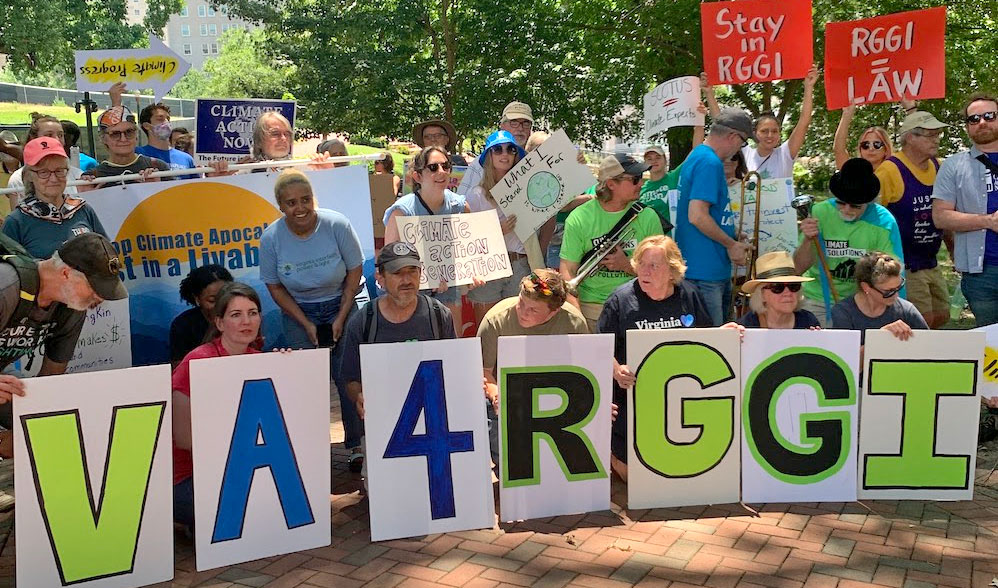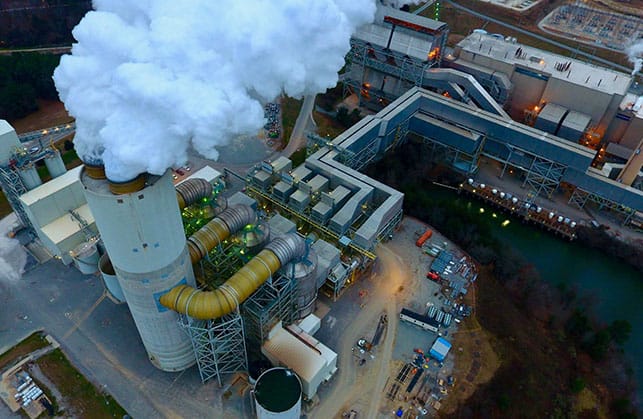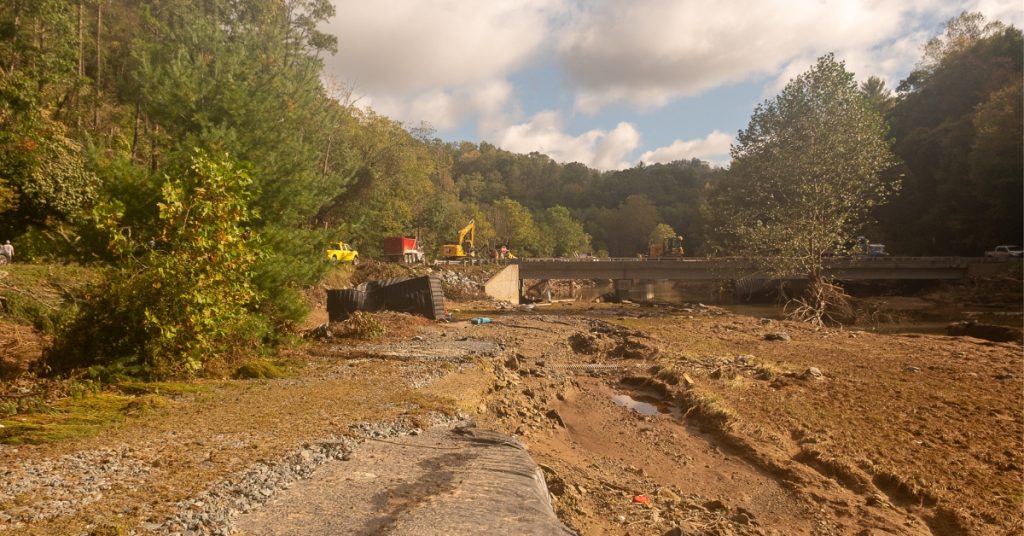Cleaning Up Coal Ash
For well over a century, power plants across the country have burned coal to generate electricity. And for just as long, leftover coal ash has been dumped in open, unlined pits near the power plant, usually located on a river or lake. Every year, U.S. power plants produce 130 million tons of coal ash, which is the second largest waste stream in the country after municipal garbage.
Coal ash concentrates the toxic heavy metals found in coal, including arsenic, mercury, lead and selenium. Stored in unlined, wet impoundments, coal ash has been leaking these toxics into our groundwater and surface waters for years. Sometimes these impoundments collapse — with disastrous results.
Yet government regulations for coal ash management are either non-existent or sparse, and there is little enforcement of the regulations that do exist. In North Carolina, this lack of oversight — and the complicity between state regulators, elected officials and Duke Energy — came to a boiling point in February 2014 when one of Duke’s coal ash impoundments spilled 39 million tons of ash into the Dan River.
Citizens living near North Carolina’s 33 coal ash impoundments — all of which have leaked — have fought for transparency from Duke and the state, and for cleanup of the pollution that threatens their property value, health and family. Their actions forced this issue into the headlines of news networks and to the forefront of environmental justice conversations in the United States.
Appalachian Voices stood with these communities as we worked for years to compel Duke Energy and the N.C. Department of Environmental Quality to excavate coal ash from all the North Carolina sites and dispose of it either in lined, dry landfills, away from waterways, or by recycling it for concrete or other uses, provided it’s done in a manner that protects public health and the environment.
On Jan. 2, 2020, North Carolina announced a historic settlement with one of the state’s most powerful corporations and polluters, Duke Energy. The settlement requires Duke to move nearly 80 million tons of toxic coal ash at six of its power plants to properly lined landfills onsite or recycle it.

Learn information about specific coal ash impoundments in the South, including health threats and safety ratings:
Additional Resources
Fact sheets, videos, links to academic research, and more
Sign Up to Act
Help us protect the health of our communities and waterways.
Latest News
Pound riverwalk public workshop and input session to be held
Appalachian Voices, the town of Pound and Hill Studios are hosting a community event on Dec. 12, 2024, from 5 to 7 p.m. at the Pound Town Hall.
Group to host a discussion about the community’s vision for the local economy on Dec. 9 at the Person County Senior Center
There will be a community conversation about the future of Person County at 6 p.m. on Monday, Dec. 9 at the Person County Senior Center, located at 87 Semora Rd. The event, Visioning a Resilient Local Economy, is free and open to all.
A letter from our executive director
We could not be more determined to hold onto the progress we’ve made toward a positive future for our children built on clean energy and sustainable local economies. And we could not be more committed to the defense of our priceless natural heritage.
Judge rules that Virginia regulators didn’t have authority to end state participation in Regional Greenhouse Gas Initiative
Today, the Floyd County Circuit Court released a ruling that the Virginia Department of Environmental Quality, its director and the State Air Pollution Control Board did not have the authority to end Virginia’s participation in the Regional Greenhouse Gas Initiative.
Duke Energy to delay carbon reduction goals in North Carolina
North Carolina regulators will allow Duke Energy to waive a legal requirement to reduce its carbon emissions by 70% by 2030, according to an order issued earlier this month.
Statement from Appalachian Voices on Biden Administration request for $98 billion in disaster funding
Today, the Biden administration sent a request to Congress for $98 billion in supplemental disaster funding to recover from Hurricane Helene, as well as Hurricane Milton and other disasters across the country since 2022.











